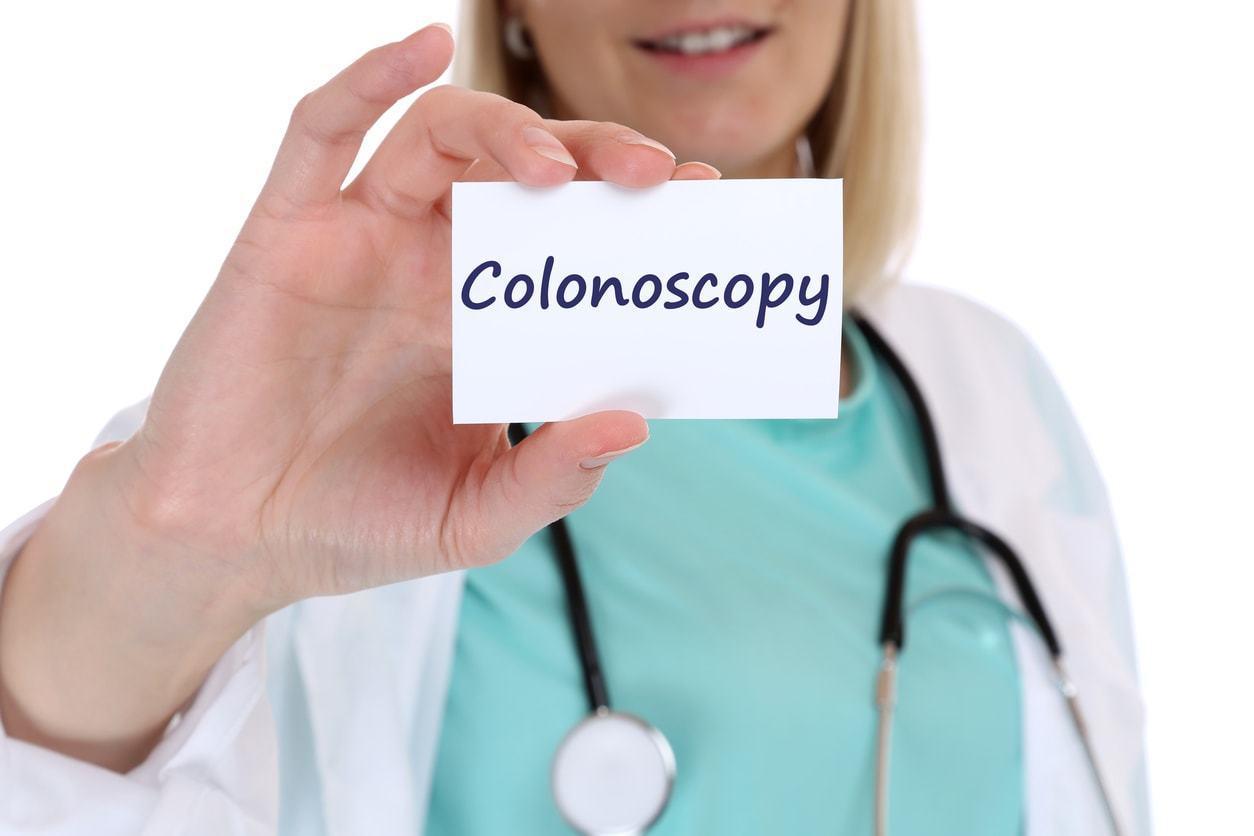
Colonoscopy is a crucial procedure in the early detection and prevention of colon cancer. As one of the most effective tools for screening, colonoscopy allows for the examination of the large intestine and rectum, helping to identify abnormalities that could indicate cancer or pre-cancerous conditions.
The Importance of Colonoscopy for Colon Cancer Screening
Colorectal cancer is one of the leading causes of cancer-related deaths, but it is also highly preventable through regular screening. Colonoscopy plays a pivotal role in detecting colon cancer early when treatment is most effective. The procedure enables doctors to view the entire colon and rectum, allowing them to identify polyps or other abnormalities that could potentially develop into cancer.
What is a Colonoscopy?
A colonoscopy is an endoscopic procedure that involves the insertion of a long, flexible tube equipped with a camera and light source into the rectum. This tube, known as a colonoscope, allows the physician to visualize the lining of the colon and rectum on a monitor. During the procedure, the doctor can also take biopsies or remove polyps if necessary.
Why is a Colonoscopy Necessary?
Screening for colon cancer through colonoscopy is recommended for several reasons:
- Early Detection: Colonoscopy can detect colon cancer in its early stages, often before symptoms appear. Early detection significantly increases the chances of successful treatment and survival.
- Polyp Removal: The procedure allows for the removal of polyps, which are abnormal growths in the colon that can develop into cancer over time. By removing these polyps, the risk of developing colon cancer is reduced.
- Assessment of Symptoms: If an individual has symptoms such as abdominal pain, rectal bleeding, or changes in bowel habits, a colonoscopy can help diagnose the underlying cause and guide appropriate treatment.
The Colonoscopy Procedure
Understanding the colonoscopy process can help alleviate any concerns and ensure a smoother experience.
Preparation for Colonoscopy
Proper preparation is essential for a successful colonoscopy. This typically involves a clear liquid diet and the use of a bowel-cleansing solution to ensure the colon is free of stool. Following the preparation instructions carefully is crucial for obtaining accurate results.
During the Procedure
A colonoscopy is usually performed under sedation, which helps to minimize discomfort. The patient lies on their side, and the colonoscope is gently inserted into the rectum and advanced through the colon. The procedure generally takes about 30 minutes to an hour. The doctor will examine the colon lining for any abnormalities and may take tissue samples for further analysis.
After the Procedure
Following the colonoscopy, patients may experience mild cramping or bloating. These symptoms typically resolve within a few hours. It is important to arrange for someone to drive you home, as sedation may affect your ability to operate a vehicle. The results of the colonoscopy are usually available within a few days, and the doctor will discuss the findings and any necessary follow-up steps.
Screening Guidelines
The American Cancer Society recommends that individuals with average risk begin regular screening for colon cancer at age 45. Those with a family history of colon cancer or other risk factors may need to start screening earlier or undergo more frequent evaluations. Colonoscopy is generally recommended every ten years for individuals at average risk, but this may vary based on personal health history and risk factors.
Risk Factors for Colon Cancer
Certain factors can increase the risk of colon cancer, including:
- Family History: A family history of colon cancer or polyps may necessitate earlier and more frequent screenings.
- Age: The risk of colon cancer increases with age, particularly after 50.
- Lifestyle Factors: Factors such as a sedentary lifestyle, poor diet, smoking, and excessive alcohol consumption can contribute to an increased risk of colon cancer.
Conclusion
A colonoscopy is a vital tool in the early detection and prevention of colon cancer. Regular screenings through colonoscopy can lead to the early identification of cancerous and pre-cancerous conditions, significantly improving outcomes and survival rates. By adhering to recommended screening guidelines and discussing personal risk factors with a healthcare provider, individuals can take proactive steps toward maintaining colon health and preventing colon cancer.
